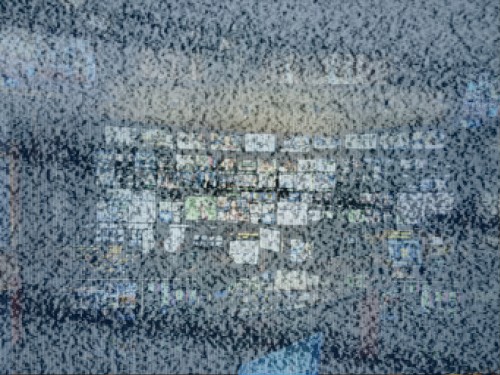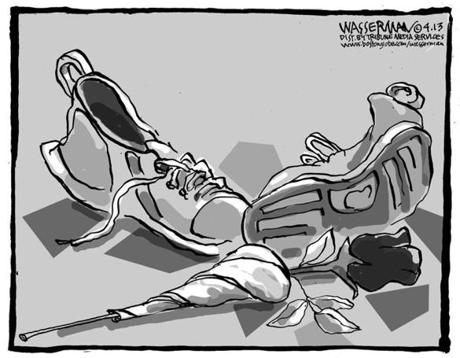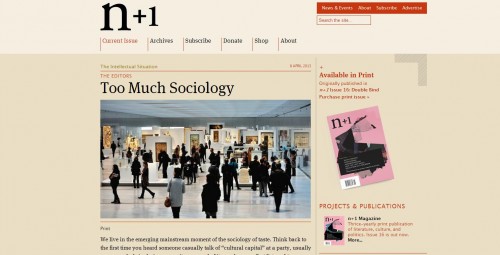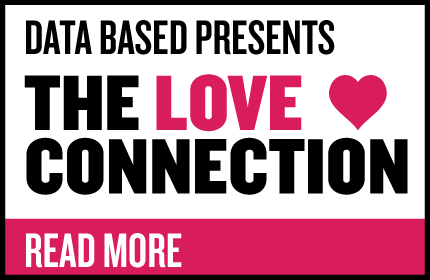In this post I attempt to tackle a complex but increasingly important question: Should writers cite blog posts in formal academic writing (i.e. journal articles and books)? Unfortunately, rather than actually tackle this question, I find myself running sporadically around it. At best, I bump into the question a few times, but never come close to pinning down an answer.
To begin with full disclosure: I cite blog posts in my own formal academic writing. But not just any blog posts. I am highly discriminate in what I cite, but my discriminations are not of the cleanly methodical type which can be written, shared, and handed out as even a suggested guide. Mostly, I cite Cyborgology and a select few blogs that I know really really well. I have done so in my last three formally published works (two of which are Encyclopedia entries), and successfully suggested blog posts to others via peer-review. When pressed for a rationale (as I have been in conversations with colleagues), I less-than-confidently ramble something like Well I mean, I know these bloggers to be good theorists, and I find their work useful for my own. Some of their work is published only in blog form, and I need those ideas to build my argument. I also don’t want to ignore something good that I know is out there. But I mean, I know there are other good things out there that I don’t know about, or don’t know enough to trust. And I know I’ve written bad ideas on Cyborgology, or ideas that I further developed later, so I guess quality is not a sure thing, but reviewers and editors have accepted it so…[insert sheepish grin]. more...








